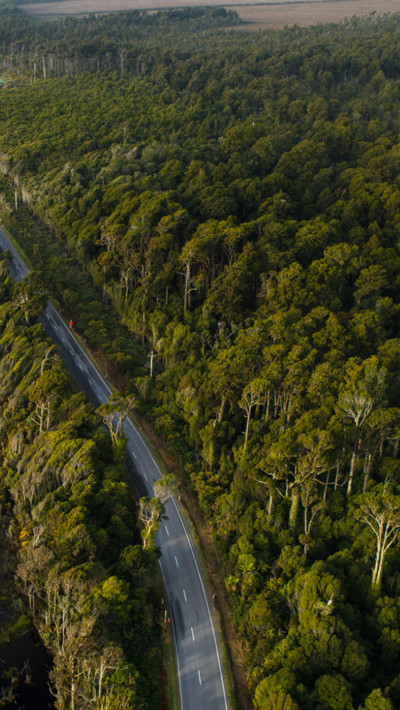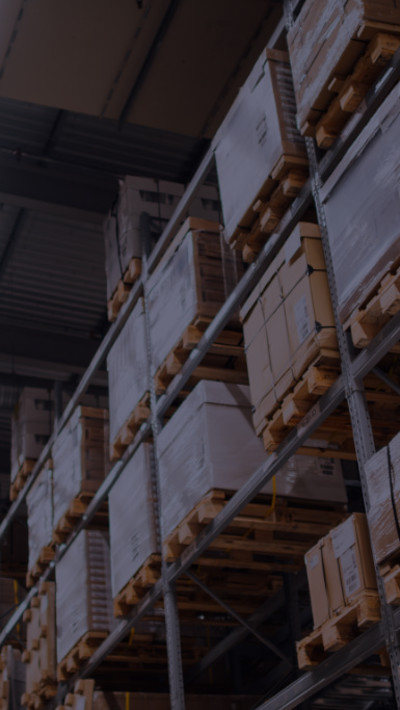Contents
Given the sense of urgency that infused the discussion at the CT Consulting Forum earlier this year on the disruption to the supply chains on which the New Zealand economy depends, it is satisfying to see the large volume of work that is going into this issue.
Nowhere is the need to “build back better” more evident than in New Zealand’s freight and supply chain system as it rebounds from COVID-19 and manages the transition to a low carbon future.
Policies are being put in place now and decisions made that will have long-term and far-reaching consequences for the sector. It is important to stay abreast of developments and to engage in the change process. The CT Consulting team can help you do both, and is ready to assist when you need it.
Recent change initiatives include:
- the current consultation by the Ministry of Transport (MoT) on the design of a 30 year strategy for the future (see below for more detail)
- the $20m allocated in the Emissions Reduction Plan (ERP) to support the decarbonisation of freight transport (see our ERP commentary here), and
- the $30m to be co-invested through the National Land Transport Programme to four coastal shipping providers to improve domestic coastal shipping services (see the announcement here).
Towards a 30-year freight and supply chain strategy
The strategy consultation document reflects a three month engagement by MoT between August and October last year with over 140 stakeholders, so has the benefit of strong industry input.
Among its insights are that the pandemic has highlighted several vulnerabilities, including:
- the dependence of New Zealand airfreight capacity on passenger volumes
- the risks inherent in just-in-time logistics models against a hybrid just-in-time/just-in-case model
- the difficulties in the current system of shifting between freight modes
- the limited agency New Zealand users have over international shipping lines
- the limitations in the available data
- the challenges in accessing labour and the sector’s poor health and safety record (MoT suggests there may be value in a tripartite approach involving employers, unions and the government to ensure the sector is supported by good training, safe conditions, fair treatment and strong career paths), and
- the need for a long term plan for government investment and regulation that is reliable, evidence-based, transparent, and non-political.
Timeline from here
The timeline from here is:
- April to September; further engagement with stakeholders on the actions and priorities for the strategy (this includes the submissions on the consultation document, which are due by 3 June)
- September-October; confirm the priority actions with Ministers
- October-November; draft the strategy
- December; send it to the Minister of Transport for consideration.
Wider change context
The development of the 30-year strategy comes at an opportune moment.
It can build on the wider 30 year infrastructure strategy released on 2 May 2022 by Te Waihanga/New Zealand Infrastructure Commission and will provide the sector with the opportunity to consider how it will respond to, and position itself for, other policy changes - either in place or in prospect.
These include:
- the requirement in the Financial Sector (Climate-related Disclosures and Other Matters) Amendment Act for listed issuers and large financial/ insurance institutions to prepare mandatory climate related disclosure (CRD) statements for financial years beginning on or after 1 January 2023 (we consider that, done well, this reporting can be a useful business resilience tool, see our article How to get the best out of the ‘E’ in in ESG here), and
- the proposed legislation to protect against modern slavery and worker exploitation (the proposal goes further than the Australian and UK regimes, see our commentary here).
Keeping the discussion going
There is plenty for business to do in this space, ranging from providing input as the MoT engages on options to address supply chain challenges, meeting obligations to address modern slavery, tackling climate-related disclosures and climate risk and more generally managing supply chain risk.
We look forward to continuing the discussion with you on these issues.

























































